
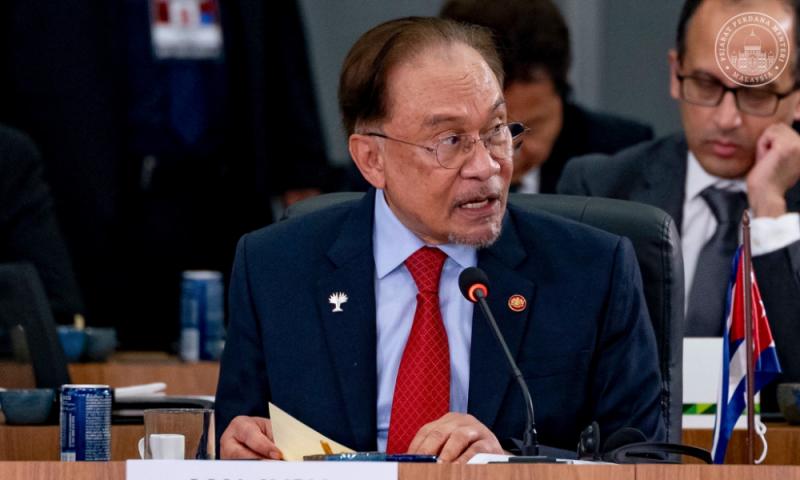

Zan Azlee
Published: Aug 2, 2025 2:04 PM
Updated: 4:04 PM
COMMENT | When I was younger, some of the most enjoyable films that I liked watching were “Bang Rajan” and “Nang Nak”.
These were Thai films that were made in the late 1990s and early 2000s, but were set in the very distant history of the 1700s and 1800s and with the backdrop of war in Southeast Asia.
Since they were Thai films, the stories revolved around wars in which the Siamese were involved.
Bang Rajan tells the story of the war between the Siamese and the Burmese in 1767, while Nang Nak is a ghost story during the Siamese-Vietnamese war in 1831.
It’s fun to watch how history happened, and of course, the excitement of watching aggressive fighting on the screen is very entertaining.
But a lot of these historical epics also serve to remind us that war in real life is not exciting or fun. It reminds us of what happened and why we should avoid it.
History complicated, peace never easy
Centuries ago, when wars like these took place, it was because of how society was at that time.
Many of the nations were then ruled by kings, emperors, and sultans. Individuals who, for the most part, were more self-serving in wanting to preserve their rule and increase their wealth.
It was the way of the times. But time progresses, and so do people and society.
These days, we live in a time where we understand that peace and harmony are important. We have progressed to realise that we can all live together peacefully, even if we are different from each other.
Well, in theory, we realise and understand all this, but in real life, it seems hard to implement.
War and conflict continue to rage on in many parts of the world. We still see violence happening in Israel and Palestine, Russia and Ukraine, Yemen and a few other places.
Published: Aug 2, 2025 2:04 PM
Updated: 4:04 PM
COMMENT | When I was younger, some of the most enjoyable films that I liked watching were “Bang Rajan” and “Nang Nak”.
These were Thai films that were made in the late 1990s and early 2000s, but were set in the very distant history of the 1700s and 1800s and with the backdrop of war in Southeast Asia.
Since they were Thai films, the stories revolved around wars in which the Siamese were involved.
Bang Rajan tells the story of the war between the Siamese and the Burmese in 1767, while Nang Nak is a ghost story during the Siamese-Vietnamese war in 1831.
It’s fun to watch how history happened, and of course, the excitement of watching aggressive fighting on the screen is very entertaining.
But a lot of these historical epics also serve to remind us that war in real life is not exciting or fun. It reminds us of what happened and why we should avoid it.
History complicated, peace never easy
Centuries ago, when wars like these took place, it was because of how society was at that time.
Many of the nations were then ruled by kings, emperors, and sultans. Individuals who, for the most part, were more self-serving in wanting to preserve their rule and increase their wealth.
It was the way of the times. But time progresses, and so do people and society.
These days, we live in a time where we understand that peace and harmony are important. We have progressed to realise that we can all live together peacefully, even if we are different from each other.
Well, in theory, we realise and understand all this, but in real life, it seems hard to implement.
War and conflict continue to rage on in many parts of the world. We still see violence happening in Israel and Palestine, Russia and Ukraine, Yemen and a few other places.
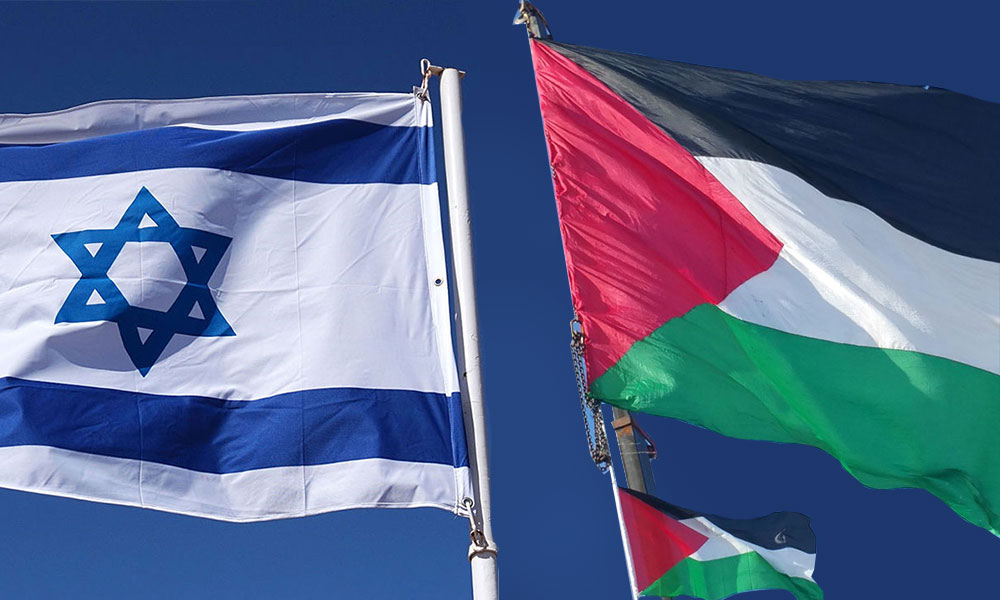
As a journalist who has been covering conflicts for decades now, I can tell you from first-hand experience that many times, the thought that creeps into my head is that human beings can be so stupid.
All it takes for peace is for all sides to reset everything to zero and try to understand each other.
However, I also quickly realised that it isn’t as simple as that. For any conflict that happens, there are bound to be many complicated matters that lead to it.
Take, for example, the conflict between Israel and Palestine. You can say that it has been going on for decades, but if we’re honest, their beef has been going on for centuries.
Last week, conflict came a little bit too close to home for many of us in Malaysia when we suddenly saw fighting break out between Thailand and Cambodia at their shared border.
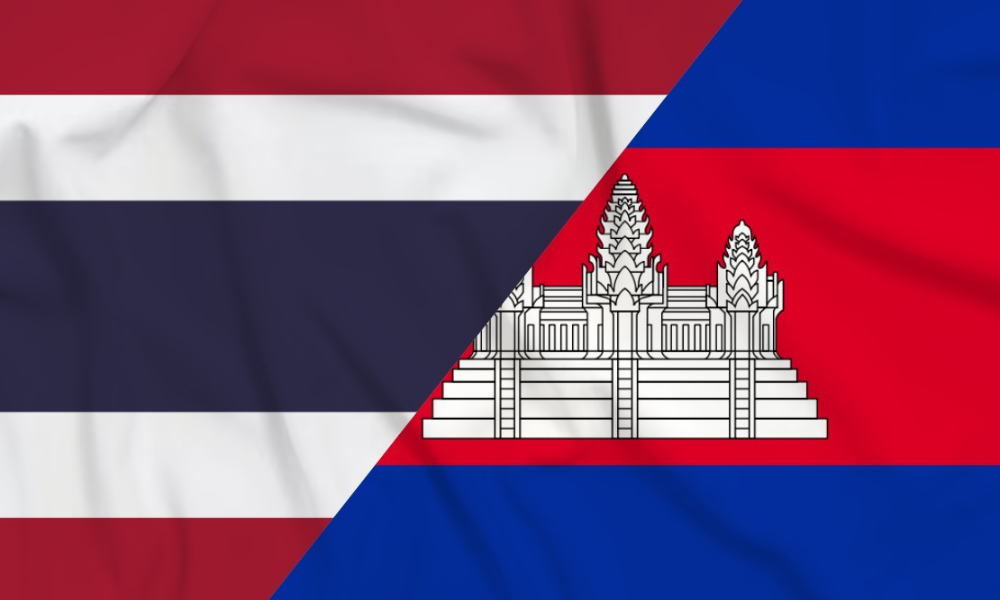
It was violent. More than 40 people have been killed, and over 300,000 are displaced.
Being one of the safest regions in the world, I think many of us felt shocked that something like this happened.
It’s funny though, because the conflict in Myanmar between the authorities and the Rohingya doesn’t seem to invoke the same reaction, but that’s a story for another day.
Colonial past rears its head
The conflict didn’t happen overnight. Historically, the dispute at the Thai-Cambodian border has been going on for more than a century.
It’s no surprise when I say that it started around the same time when the colonial powers, which were France at that time, forced onto the people there the Franco-Siamese Treaty in 1907.
This treaty saw a huge chunk of Indochina divided up with new borders being formed, and as we know from history as well, these divisions of borders by the colonisers have been the cause of a majority of the conflicts that are happening in the world right now.
Case in point is the recent one between Thailand and Cambodia.
With that being said, it does look like these two nations aren’t keen on continuing the conflict because it only took a couple of days for a ceasefire to be achieved through negotiations mediated by Malaysia, which is currently the Asean chair (of course, with some pressure from the United States).
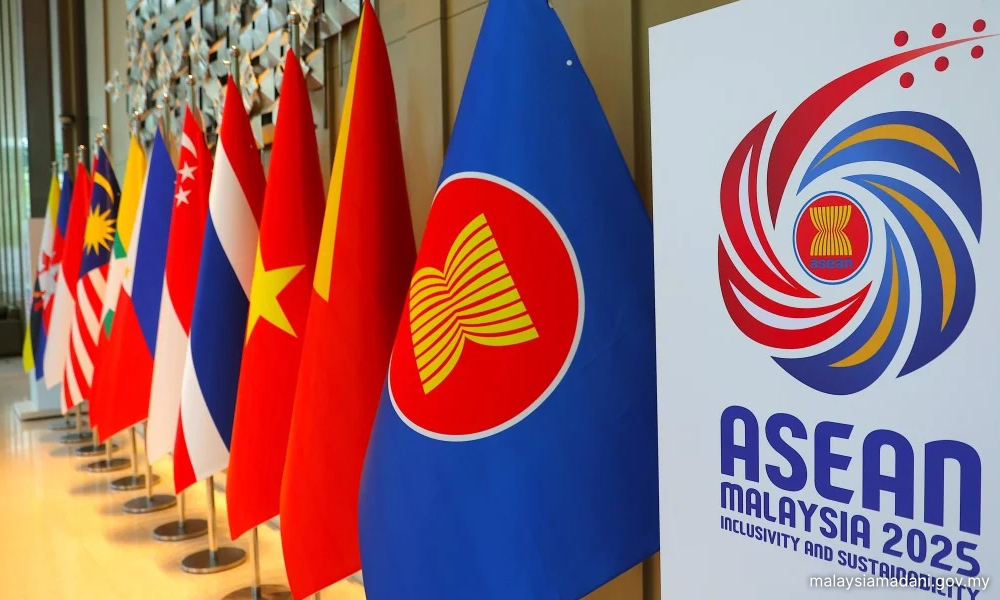
I have to admit, it was impressive to see Prime Minister Anwar Ibrahim looking so proud as he held the hands of Thai acting prime minister Phumtham Wechayachai and Cambodian Prime Minister Hun Manet as they shook hands at his residence in Seri Perdana.
The meeting started at 3pm and by 4.30pm, they were done.
I wonder if Anwar was looking at the photos afterwards and thinking about how similar he may look to when then US President Jimmy Carter stood with then Israeli Prime Minister Menachem Begin and then Egyptian President Anwar Sadat in 1973, or like then US President Bill Clinton with Yitzhak Rabin and Yasser Arafat in 1993.
Moving forward, Thailand and Cambodia will continue with civil negotiations on the dispute in Malaysia as a neutral ground.
These negotiations will take place with Malaysia, the US, and China as observers, along with the defence attaches of the other Asean nations.
Malaysia a veteran mediator
This is another impressive point - Asean playing an active role in the mediation of two member countries in a conflict.
It is impressive because, for a very long time since its inception, Asean has always had a non-interference policy between its members, which made the organisation pretty much a lame duck.
However, Malaysia as a country isn’t a stranger when it comes to being a mediator for conflict resolution.
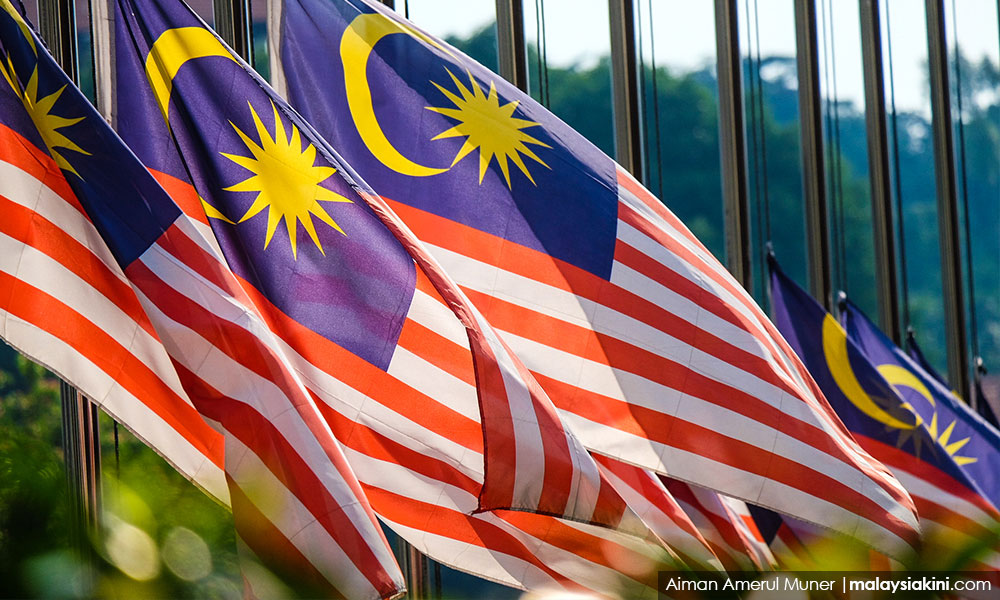
Our government played a key role in ending the conflict in the south of the Philippines between the separatist militants and the Filipino government. We were the mediators for the conflict in southern Thailand.
So, I am hopeful after what has transpired. I hope that the negotiations between Cambodia and Thailand will go on as planned and result in peace and harmony between the two countries and the region as a whole.
I also hope that Asean will become more than just a lame duck organisation after this.
I am also hopeful that, as human beings who have progressed so much over generations and centuries, we can work towards a peaceful and harmonious global society.
Sometimes, I wonder if it really could just be as simple as letting the past be the past, resetting and focusing only on moving forward.
ZAN AZLEE is a writer, documentary filmmaker, journalist and academic. Visit fatbidin.com to view his work.

Malaysian & PMX Anwar Ibrahim HAMAS and Brotherhood of Islam lover beware.... HUDAYBIYAH ..... the 25% tariff to 19% is like the $100 for all Malaysian......TOKENISTIC SH*T that WILL STILL MAKE MALAYSIA STUPID AGAIN!!
ReplyDeletePresident Donald Trump - a man known for his iron will — broke down in tears after watching the latest Hamas propaganda video of hostage Evyatar David, a 24-year-old Israeli civilian kidnapped from the Nova Music Festival.
Starved. Tortured. Bones visible beneath his skin.
Forced to dig his own grave.
666 days in darkness.
Trump’s response?
“Make the deal. Get the hostages. Then wipe Hamas off the face of the Earth — everywhere they exist.”
He was furious. Not political. Not performative.
Human.
In a world gone mad, in an age where lies parade as virtue and hostages are forgotten while terrorists are cheered — a leader wept.
And then he vowed justice.
In a dark world, we are truly blessed that God saved this President from the bullet…
That God saved America, Israel, and all decent people on that day.
We owe Him our deepest gratitude — not just for saving a man, but for saving a voice that still dares to call evil by its name.
This isn’t about Left or Right.
It’s about right and wrong.
It’s about standing with the tortured, the missing, the broken — and saying: Never again.
Because:
Heroes rescue the innocent.
Savages hold them hostage.
Traitors call that "resistance."
We know the difference.
May every tear shed for Evyatar and all the hostages become a tidal wave of justice.